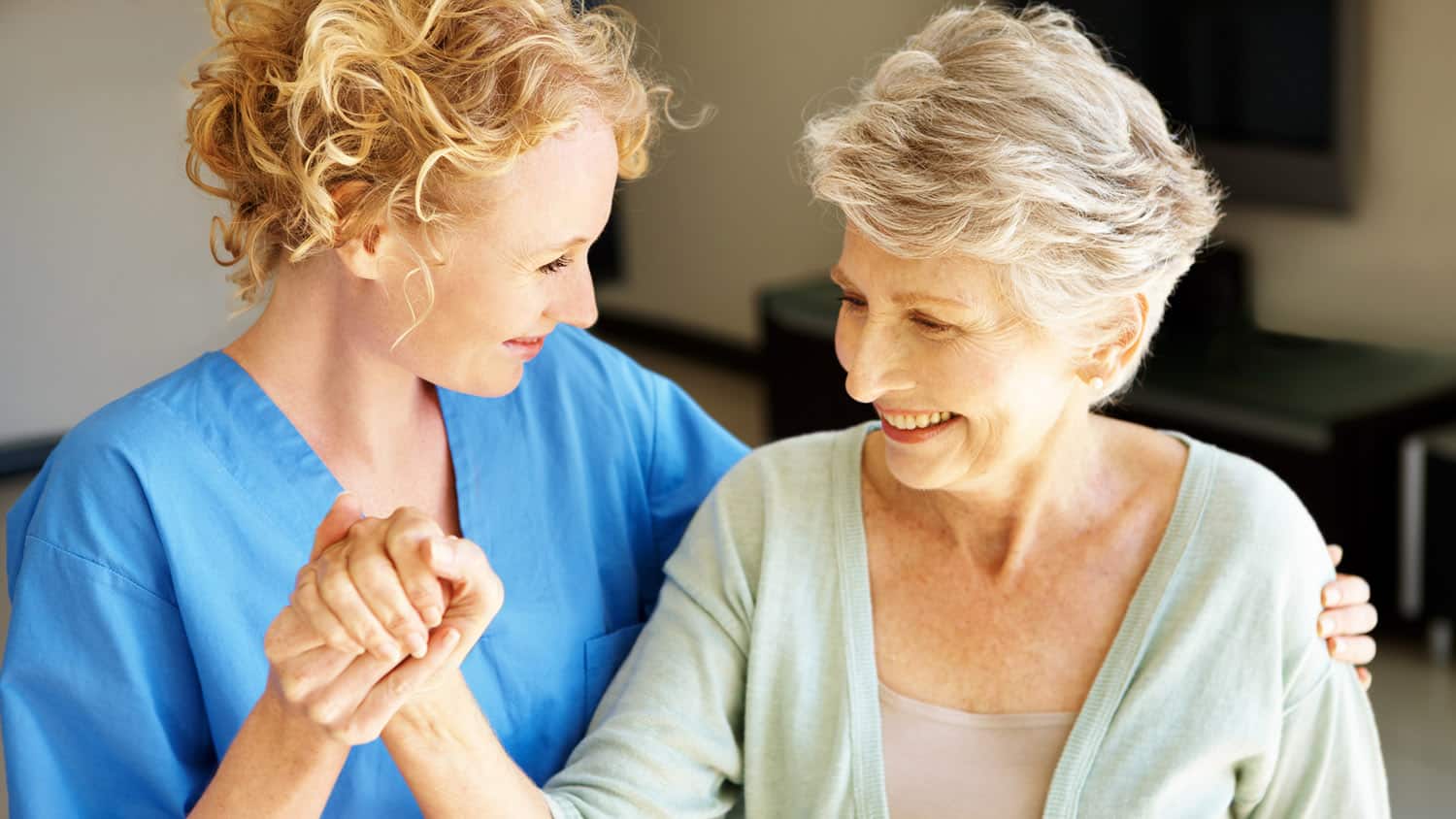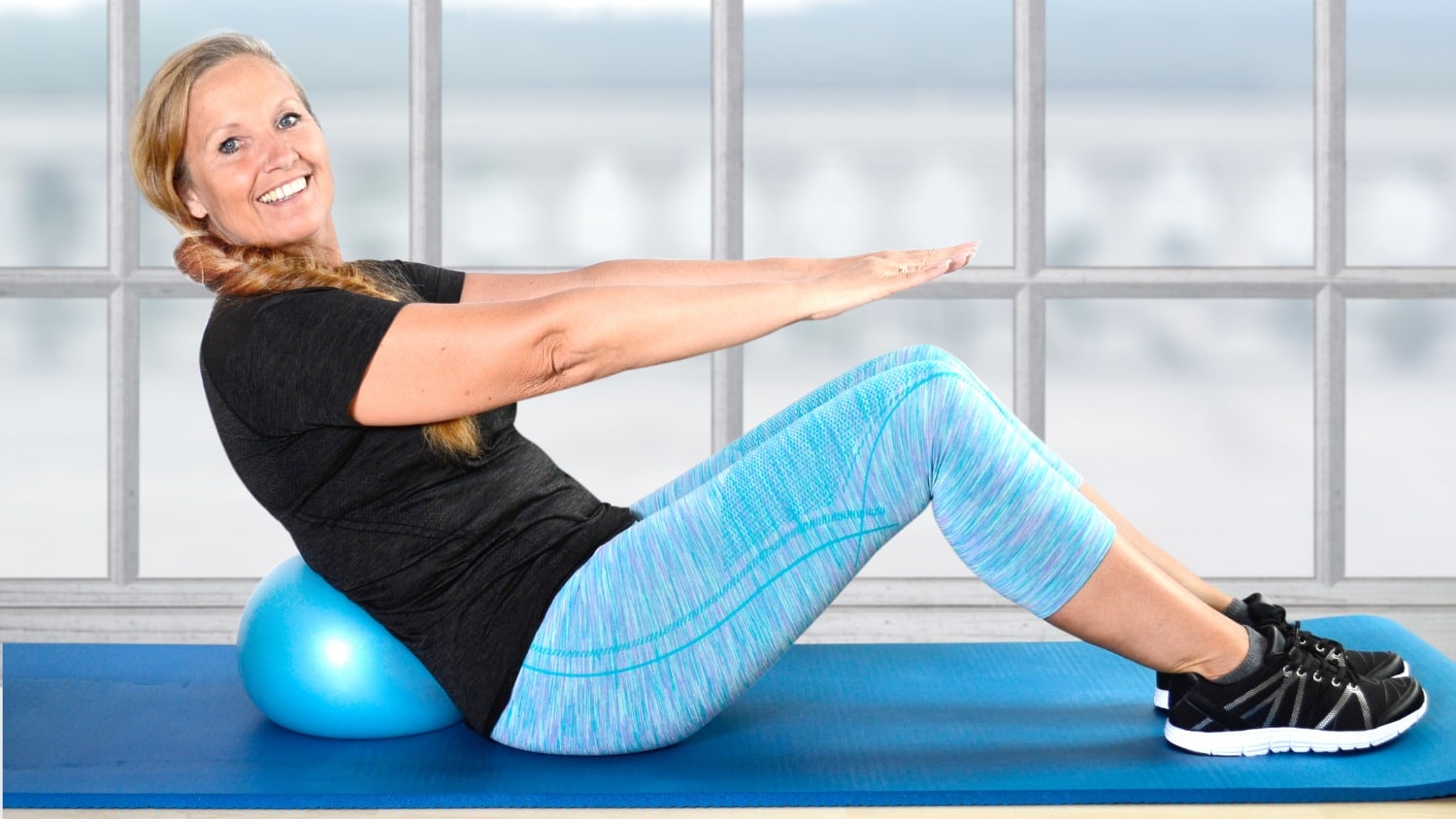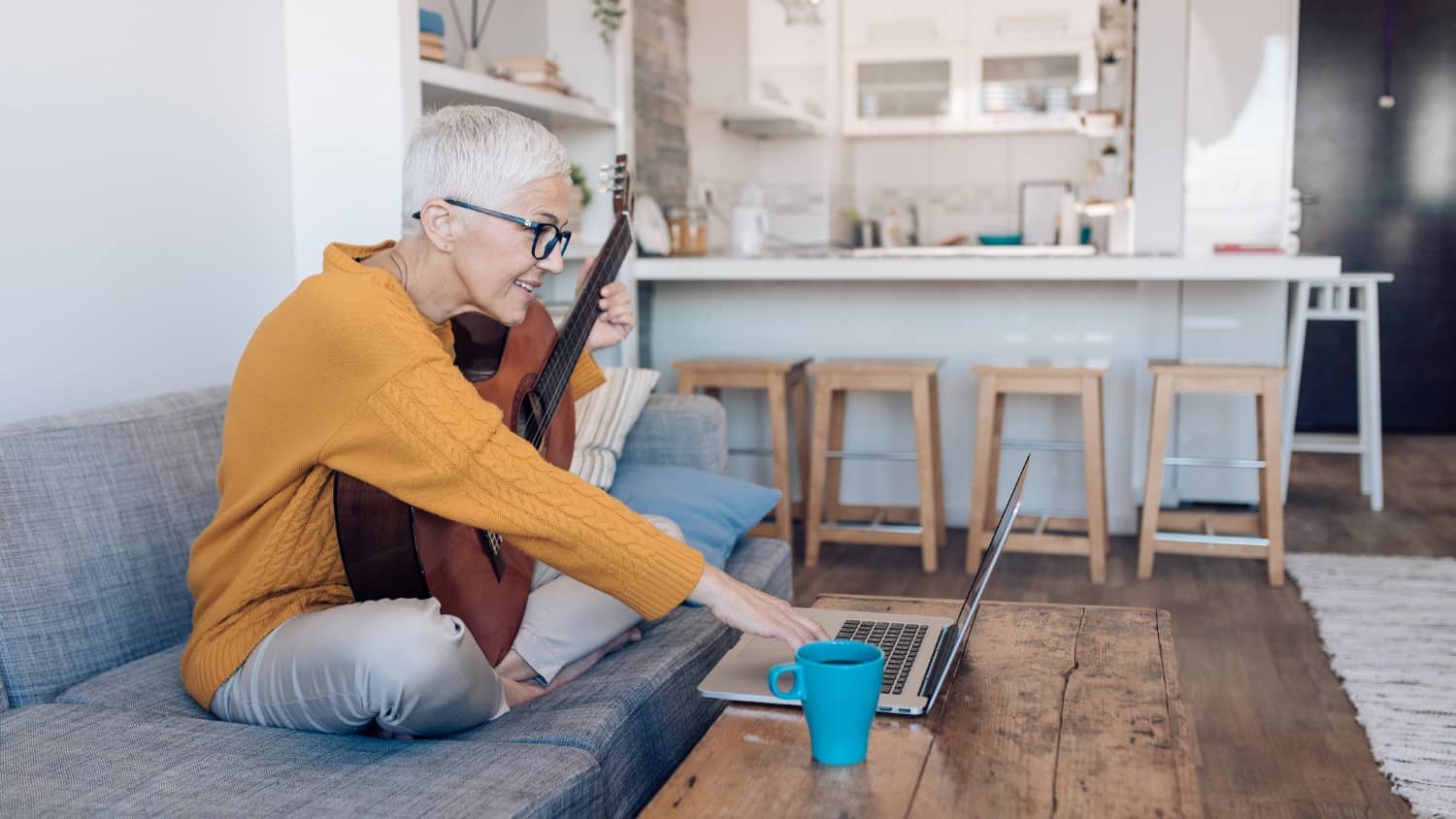
How to Recover from an Emergency Surgery and Get Back to Your Life
I moved a few towns over in late March and got a call from a former neighbor today. She called to apologize for taking so long to call me. She had good reason.
It turns out one night in early April she doubled over in sudden pain, the kind that took her breath away. Marilyn was whisked away for emergency abdominal surgery to remove adhesions that had formed from an appendectomy 76 years ago. Marilyn, my former neighbor, is 83.
When I give talks about lifelong wellness, I emphasize what I learn from research studies and tell a few general stories of people I’ve worked with. Research studies have common threads. I encourage people to eat well, move frequently, and do things that make you happy.
If you are wondering how to recover from an emergency surgery, here are a few suggestions. Of course, none of the information in this article should be considered medical advice. But, hopefully it gives you one more thing to discuss with your doctor.
Marilyn’s Emergency Surgery
I’ve always felt that real life stories of people we know can have even more powerful messages. This is the exact story of Marilyn’s life. She’s a foodie, she walks everywhere and she’s an artist and part time art teacher.
Emergency abdominal surgery is no small matter at any age. She got pretty banged up from it. She received multiple incisions and experienced breathing tubes, heavy sedation and sudden weight loss. Before long she was in a rehab facility.
She was not deterred. Refusing to use a walker – she insisted that it would distract her – she swiftly moved to a cane. Staff commented on how strong she was. In a short four weeks from the onset, she was back at home.
Recovery from Surgery and Resuming Life
We negotiated mightily when she said she was driving to Whole Foods to buy eggs, yogurt and vegetables. Sensing she really wanted to get out of the house, I offered to come by and ride with her in her car so she would have options should she get tired.
After much discussion, with me trying to be respectful of her decision-making, but also giving her options, she determined we should go in my car, with me driving. She would put her energy into shopping, she said. Off we went.
Once in the store, she used a shopping cart. She said it gave her something to “help” with the walking. Of course, she brought her recyclable bags with her.
On the ride home we talked about common ways most people recover from a big surgery. We agreed it’s important to listen to your body’s signals, to rest when you need to, socialize when you need to, eat when you need to and resume life as you enjoy it as soon as you are able.
Recovery is About Attitude and Action
Going forward, I will be telling Marilyn’s story in my talks. Would she have recovered so quickly and so well had she been sedentary, or eating processed foods? Was it likely that she would have bounced back so quickly if she had been unhappy with her life?
I don’t think so. I can’t prove it, but I really don’t think so. After all, our bodies cannot stay strong if we don’t use our muscles and feed it fuel. What do you think?
It’s hard to know what we might face growing older. I think our attitude and the actions we take every day can make all the difference.
Marilyn related one other aspect of her experience that was subtle but quite significant when it comes to attitudes, both our own and those of others. She saw many doctors, nurses, social workers and occupational therapists during her stay in hospital and rehab. As they took her history, many remarked that she lived alone. Her response was that she lived by herself. There is a difference.
It was a teaching moment for her, and an opportunity to assert exactly how she views her living arrangements. Somehow, intentional or not, “living alone” suggests aloneness, helplessness, friendlessness, being without loved ones, vulnerability or some such thing. So much of how we live is a reflection of our attitudes. Marilyn wanted everyone to know her life choices were her own and she did the work necessary to live her own way for as long as possible.
As a wellness coach, I put a lot of emphasis on lifestyle. I focus on food, movement and life purpose. How about you? Do you believe the way we live impacts our health? Or do you think it’s the luck of the draw, or something else?
What do you think of Marilyn’s recovery? What factors in your own life do you believe help your chances for a long healthy life, even recovering from something as serious as Marilyn experienced? Please comment below.
Tags Medical Conditions






